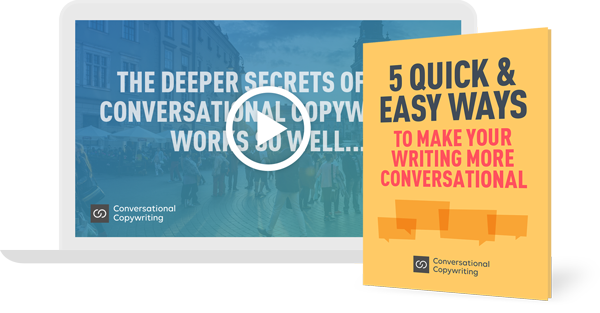
When you look at documents written by lawyers, politicians and crisis-management consultants, it’s often hard to figure out what they’re trying to say.
There’s a reason for that.
They don’t want you to understand what they’re saying.
This is called obfuscation, which is defined as “the action of making something obscure, unclear, or unintelligible”.
Obfuscation is deliberate.
It’s used when people are trying to hide stuff from you.
At the opposite end of the spectrum we have the 5-year old child who will blurt out anything and everything, however embarrassing to his or her parents.
No filters at all. Delightful and refreshing. Most of the time!
Where on this spectrum does your business lie?
Hopefully you’re not at the obfuscating end, or at the totally unfiltered end.
You’re somewhere in between.
But where, exactly?
After working with companies large and small for almost 40 years now, my experience has been that many businesses are way too close to the obfuscating end of the spectrum.
They don’t intend to be. They’ll often deny it.
But show me their website or latest case study, and I’ll show you examples of sentences, paragraphs and whole pages that make it ridiculously hard to figure out what they’re trying to say.
And this isn’t just about long, jargon-filled text written for people within companies and organizations.
Here’s some text taken from a poster found in the emergency room of a hospital. (Thank you Bert Botta for the great find! : )
“ICU and 3 West are extremely collaborative units that have embraced the multi-discipline team approach to personalized care.”
Seriously? On which planet did these people learn to write?
I think they’re trying to say, “We work together to take good care of you.”
Use of crazy language like that makes me suspicious. Are they trying to hide something? Do these two units in the hospital have a history of NOT working well together?
Nobody in that hospital would ever stand up and actually SAY that. It would be incredibly embarrassing to be caught saying those words out loud.
This is the opposite of conversational.
Learn from your inner 5-year old.
Kids are really good at saying what they mean.
And they don’t need fancy language skills to do it. No long words required. Just a small vocabulary and a basic grasp of grammar.
They stand up and tell you what they think.
Now think of some of your favorite business communicators. Think of the business owners and speakers you admire most.
Do they hide, or do they step out from behind the curtain and show themselves?
Do they use language that hides meaning, or do they use simple language that communicates clearly?
Does their language sound wooden, formal and distant?
Or does it sound natural, inclusive and conversational?
Smart communicators use conversational language. And smart companies can too.
A smart company can find a conversational voice that helps them communicate simply and with integrity.
All transparency. Nothing to hide.
People love that. Prospects love that. Customers love that.
Note: Conversational copywriting doesn’t just happen. It’s a craft to be learned. Find out about the Conversational Copywriting course here…

In junior high and high school, if an easier word could be used in a sentence, I always used a complicated one. I found the teachers gave me better grades, and I thought I was quite intelligent.
I think that’s what happens to some copywriters – a mistaken belief that using complex language makes their writing stand out, and whatever company for which they are writing sound “elite.”
Yet, some of the simplest writing is the most remembered. I still laugh at the Alka-Seltzer jingle: “plop, plop, fizz, fizz – oh what a relief it is.”
Love the Alka-Seltzer example!
Nick, I enjoyed reading and listening to the 3 videos explaining “Why” conversational copywriting works. I plan on signing up for the course as a birthday gift for myself.
Excellent. I’ll be watching out for you when you enroll. : )